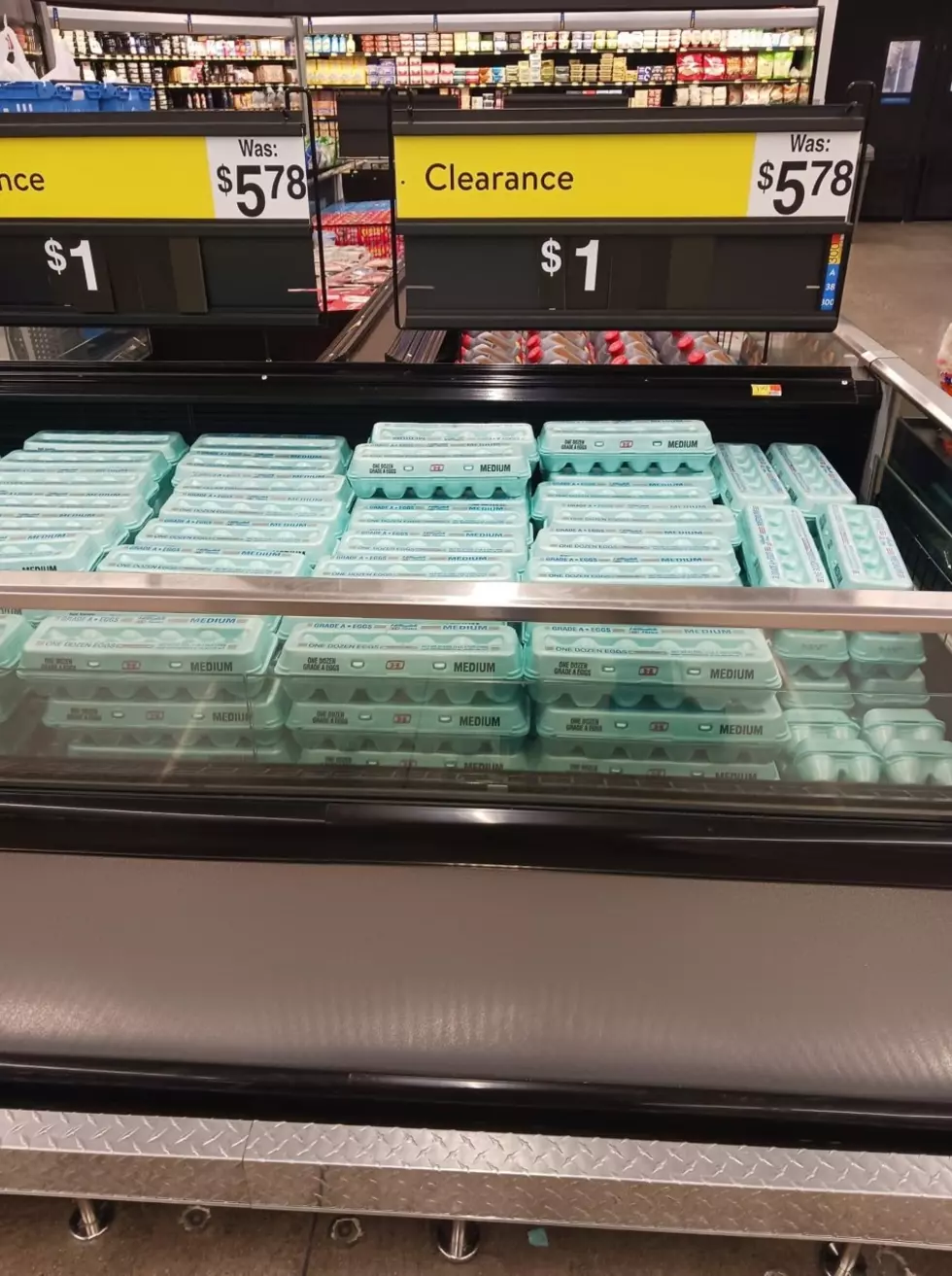
Wyoming, Here’s How To Tell If The Eggs In Your Fridge Are Good
There are some things that you can sit an ponder and argue, like:
- why is the sky blue?
- is the moon really made out of cheese?
- what came first, the chicken or the egg?
Those conversations can go on for hours and hours before you come to the conclusion, does it really matter?
One thing I go over in my head every time I open the refrigerator is, "Those eggs have been in there a while, I wonder if they're good". I don't go to the grocery store all that often, and I really can't remember the last time I went. So when I bought that dozen of eggs is sometimes quite the mystery.
I know, I could look at the "sell by date", but I've always been told that date is just a suggestion...I can't remember who told me that either.
Because I don't go to the store that often, I never get excited about throwing food away. My Grandpa Fred would roll in his grave if he knew I had to throw away food because I didn't pay attention.
In our busy schedule filled world, we'd like to say we cook a healthy, balanced breakfast every day, but the reality is we don't always have time. Some will go for weeks without cooking breakfast, which then leads back to the original problem..."Those eggs have been in there a while, I wonder if they're good".
Luckily for all of us, there are people that do the hard work of figuring out answers to hard questions like that.
Healthline is one those organizations that can help us out. According to them, your eggs have a better chance of a lengthy survival if you store them in the refrigerator at temperatures below 40 degrees. Cold temps hold off the growth of bacteria for longer periods of time. You can't always just go by that theory though...
Here are 5 easy ways to tell if a store bought egg is good or bad. (eggs from your chickens at home fall into a whole other category)
- Obvious answer - Check the date. Wyoming has a "sell by date" on the carton. This date shows how long the store should have the eggs for sale, but doesn't mean the eggs have gone bad.
- Sniff Test - Rotten eggs have a horrible, nasty, disgusting smell. If you can't tell while the egg is in the shell, crack it into a bowl. If there's zero smell, good to go.
- Visual Inspection - If the shell doesn't look off, like cracked or powdery, then crack it into a bowl and look at the coloration of the yolk. No odd colors, like pink, blue, green or black, then bacteria hasn't got into the egg.
- Float Test - Set your egg in a clear bowl or glass, gently. If your egg sinks, it's good to go. If it floats, it's a no go. When eggs get old, air pockets grow. A big air pocket, means old egg.
- Candling - (if it gets this far, just toss the egg) You'll need a dark room and a small amount of light. A candle was used in the past, but your phone light or a small flashlight should work. Hold the light to the large end of the egg, move the egg left to right. You should be able to see the air pocket. Large pocket = more movement and a bad egg. Small pocket = less movement and a good egg.
Knowing whether an egg is good or bad isn't something we're all good at, which means we're throwing away good eggs. Throwing away good eggs means throwing away money. A little effort can save you some cash.
Casper Restaurants That Serve the Tastiest Breakfast
Do Wyomingites Actually Wash Their Coffee Mugs?
More From K2 Radio









